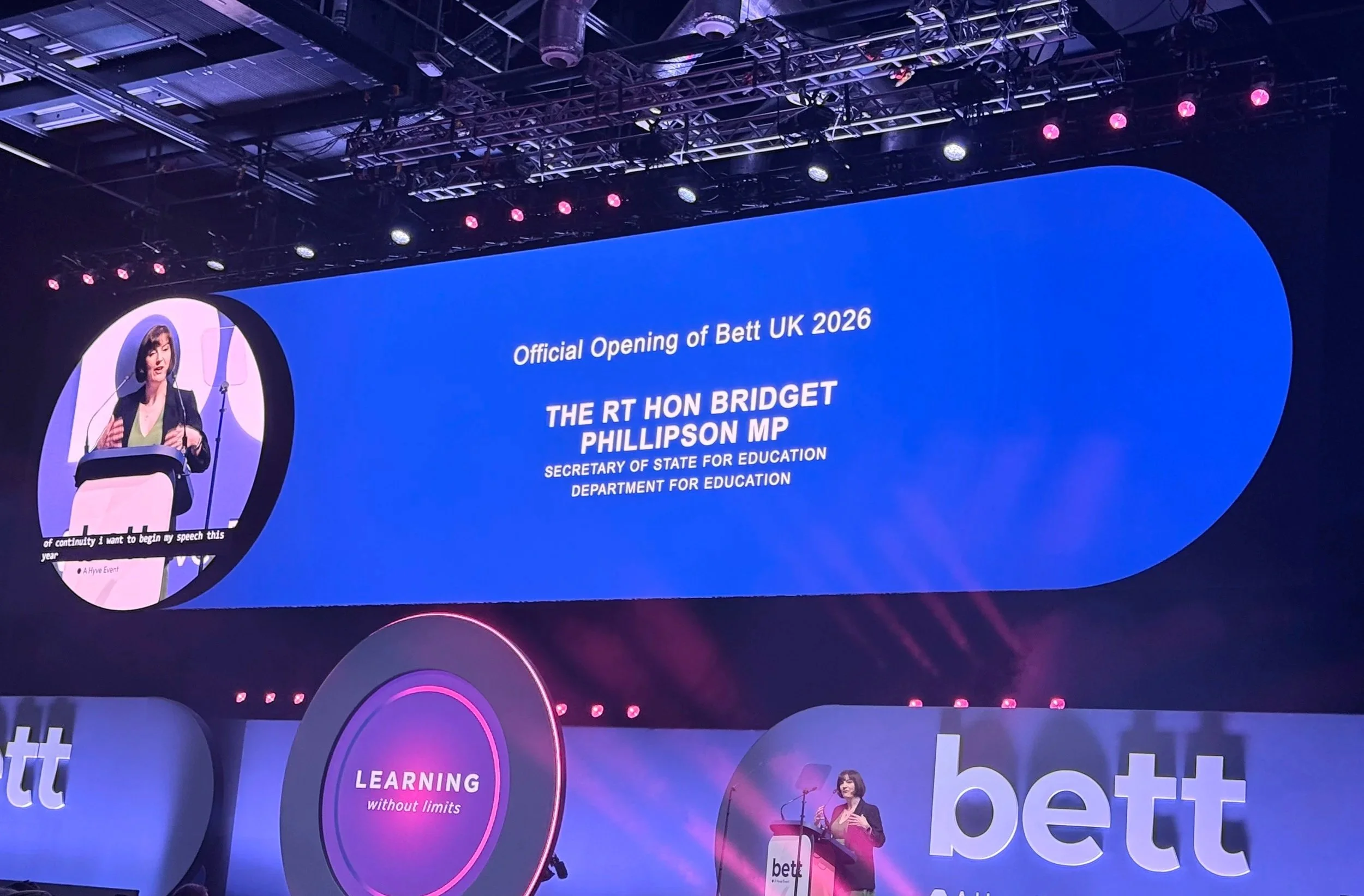New research from Pearson finds college students are using AI study tools to support critical thinking

Published in the report Asking to learn: What student queries to Generative AI reveal about cognitive engagement, the research analyzes nearly 130,000 queries from 8,700 students using Pearson’s AI-powered study tool in Campbell Biology.
The study compared student inputs into the tool with the revised Bloom’s Taxonomy - a learning science framework that breaks down learning into cognitive processes.
The analysis shows that one third of student inputs demonstrate high-order thinking aligned with the upper tiers of the revised Bloom’s Taxonomy such as applying, analyzing, and evaluating course material.
"This data supports the idea that when AI tools are purpose-built for learning, they can drive meaningful cognitive engagement," explains Dr. Muireann Hendriksen, Principal Learning Scientist at Pearson and lead author of the study. "Students are asking insightful, analytical questions that reflect genuine attempts to understand and interrogate what they're learning."
In response to the research, Pearson has now developed Go Deeper, a new enhancement for its AI study tools that aims to encourage deeper learning. When a study uses the tool, the response will prompt them with follow-up questions that are one or two levels higher on the revised Bloom’s Taxonomy.
For example, when a student asks for a definition, Go Deeper might respond with a prompt to explain the concept in context, compare it to related ideas or apply it to a new situation. Pearson says this can transform a simple query into a multi-step learning journey.
"Our usage data shows that when students have the right tools, they don't just learn better, they think deeper," explains Tony Prentice, Chief Product Officer and President of Direct to Consumer at Pearson. "The Go Deeper feature was developed in direct response to how students engage with AI. By building on their natural curiosity and guiding them toward more complex questions, we are helping them strengthen critical thinking skills far beyond the classroom. It's a strong example of how data-informed design leads to more impactful learning experiences."




















